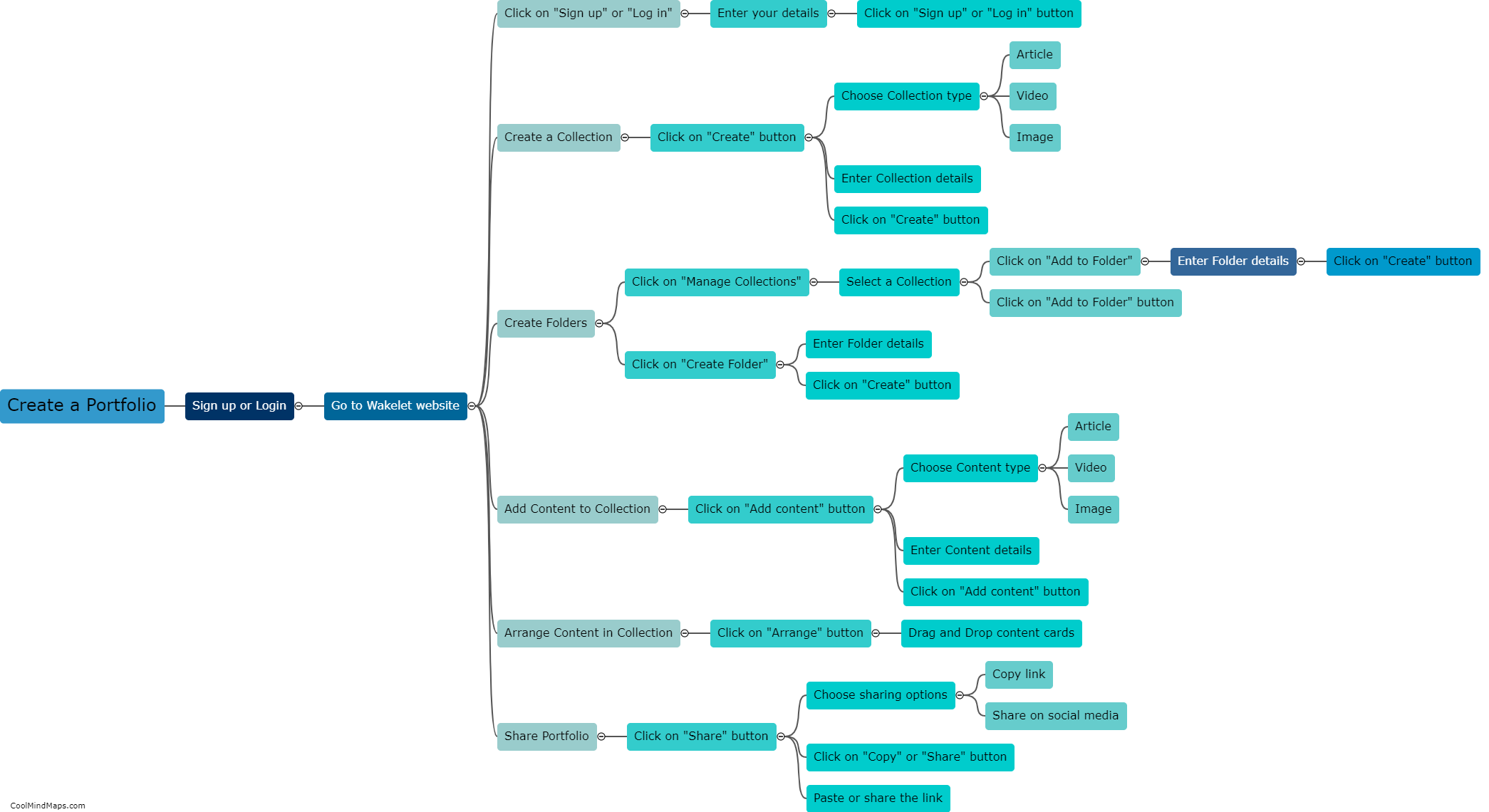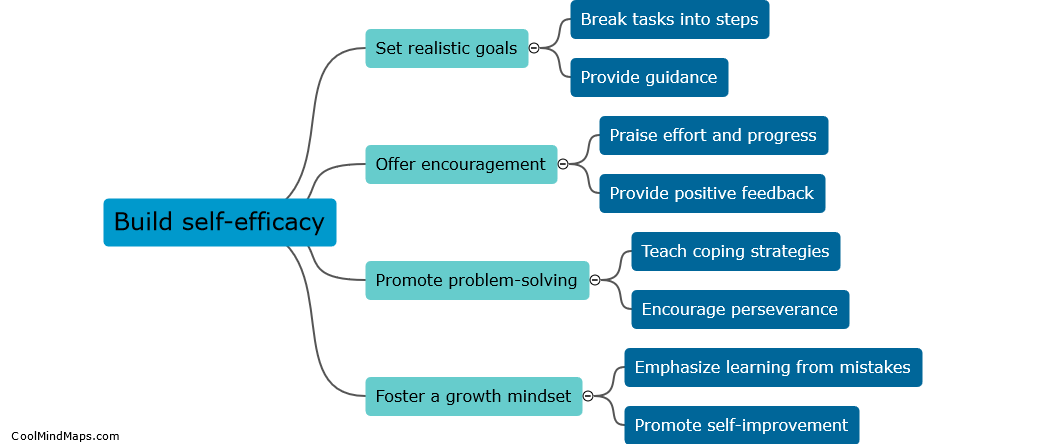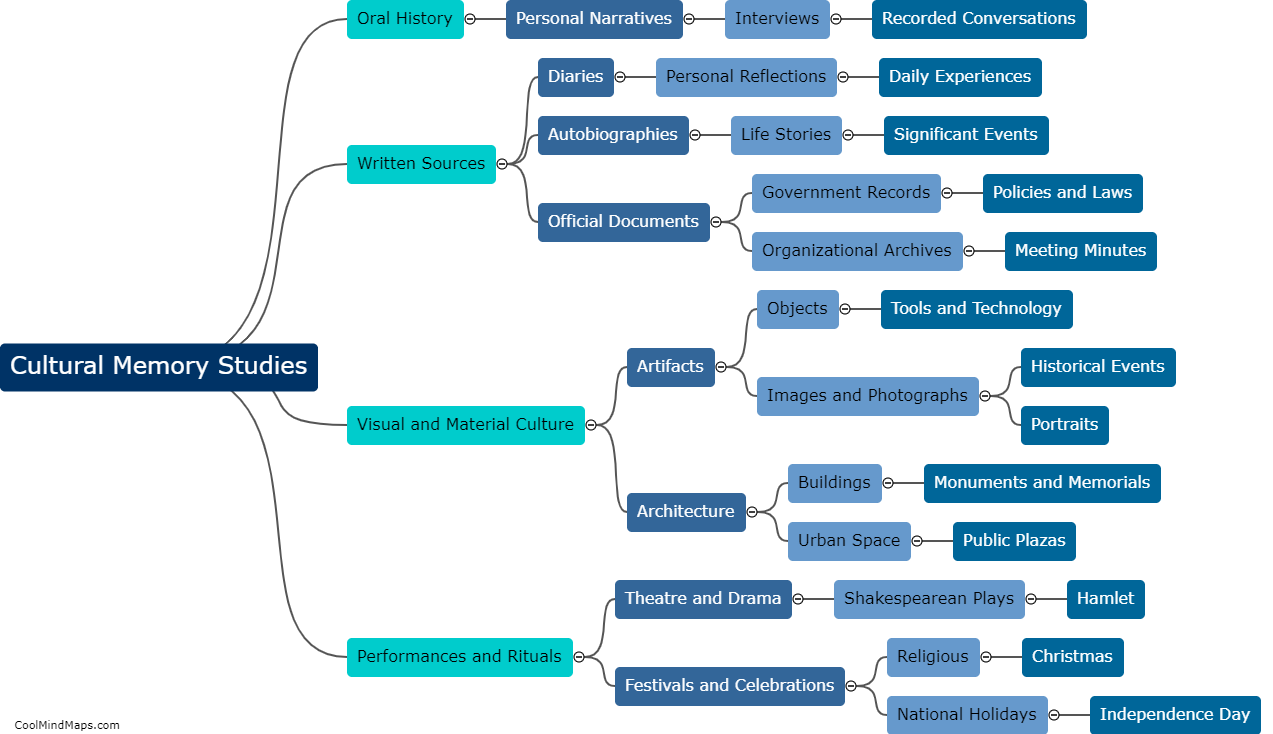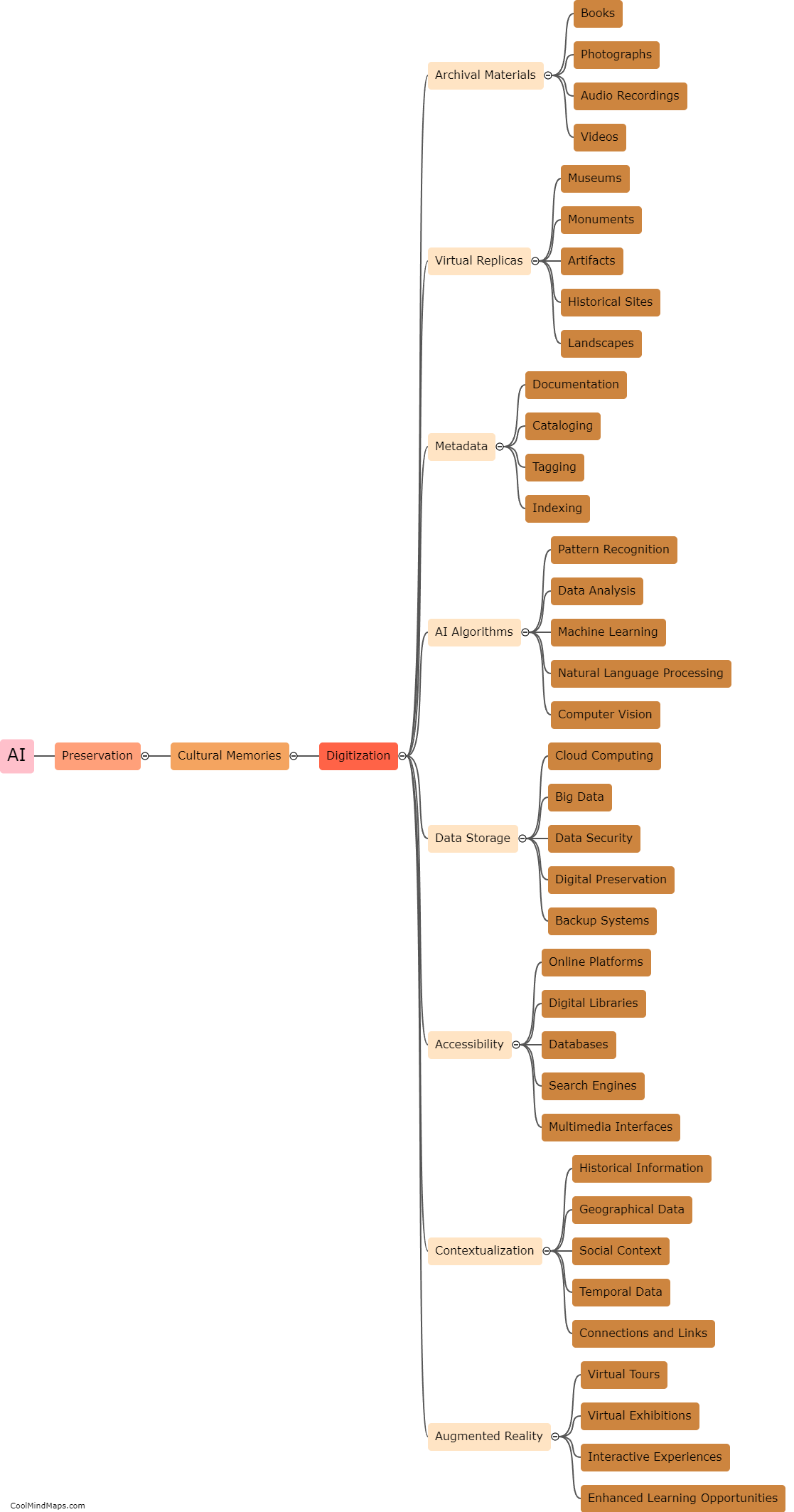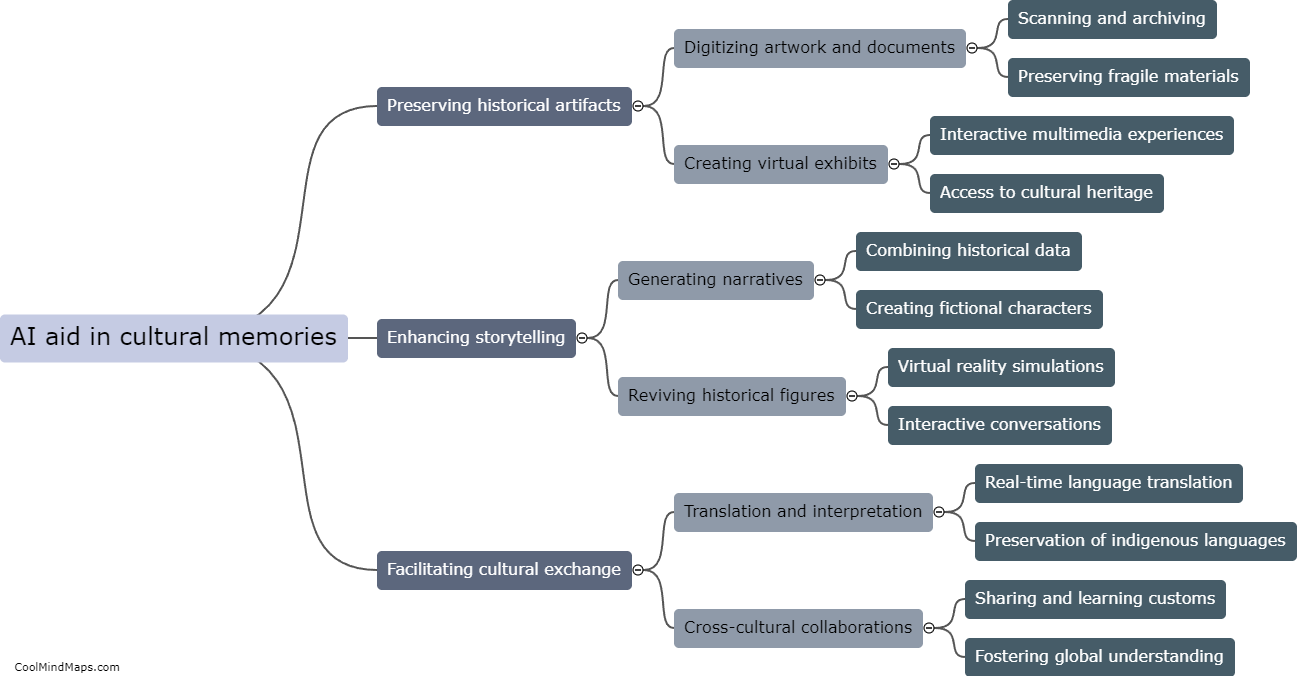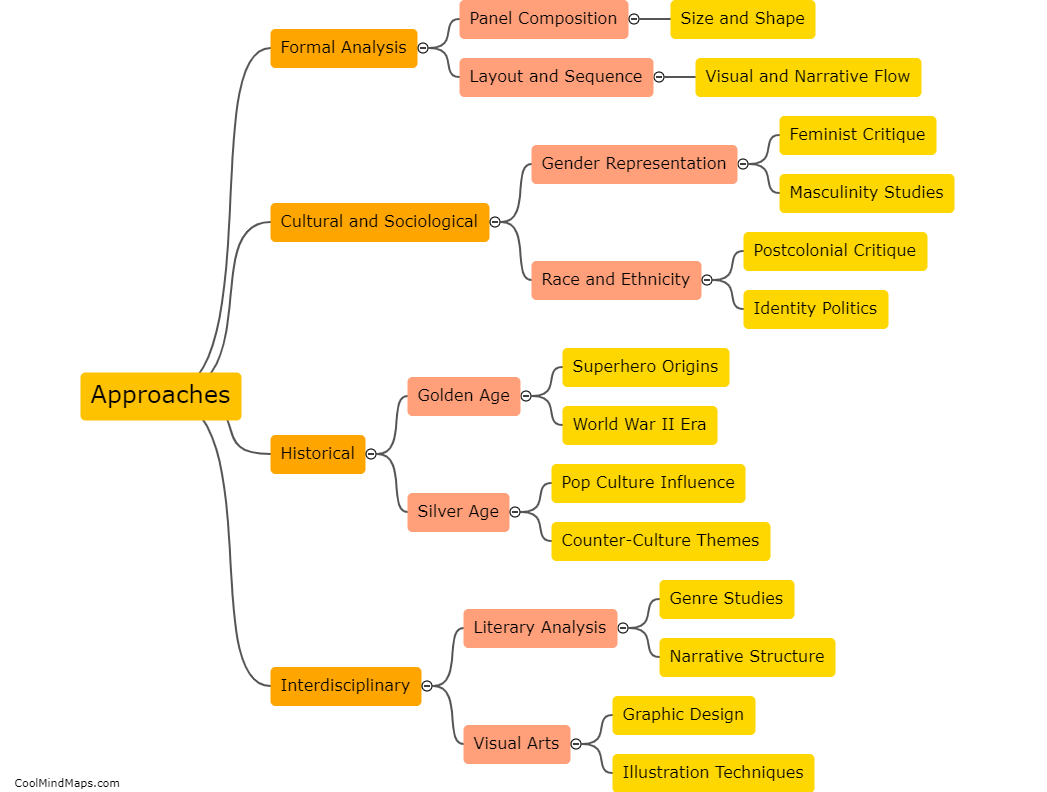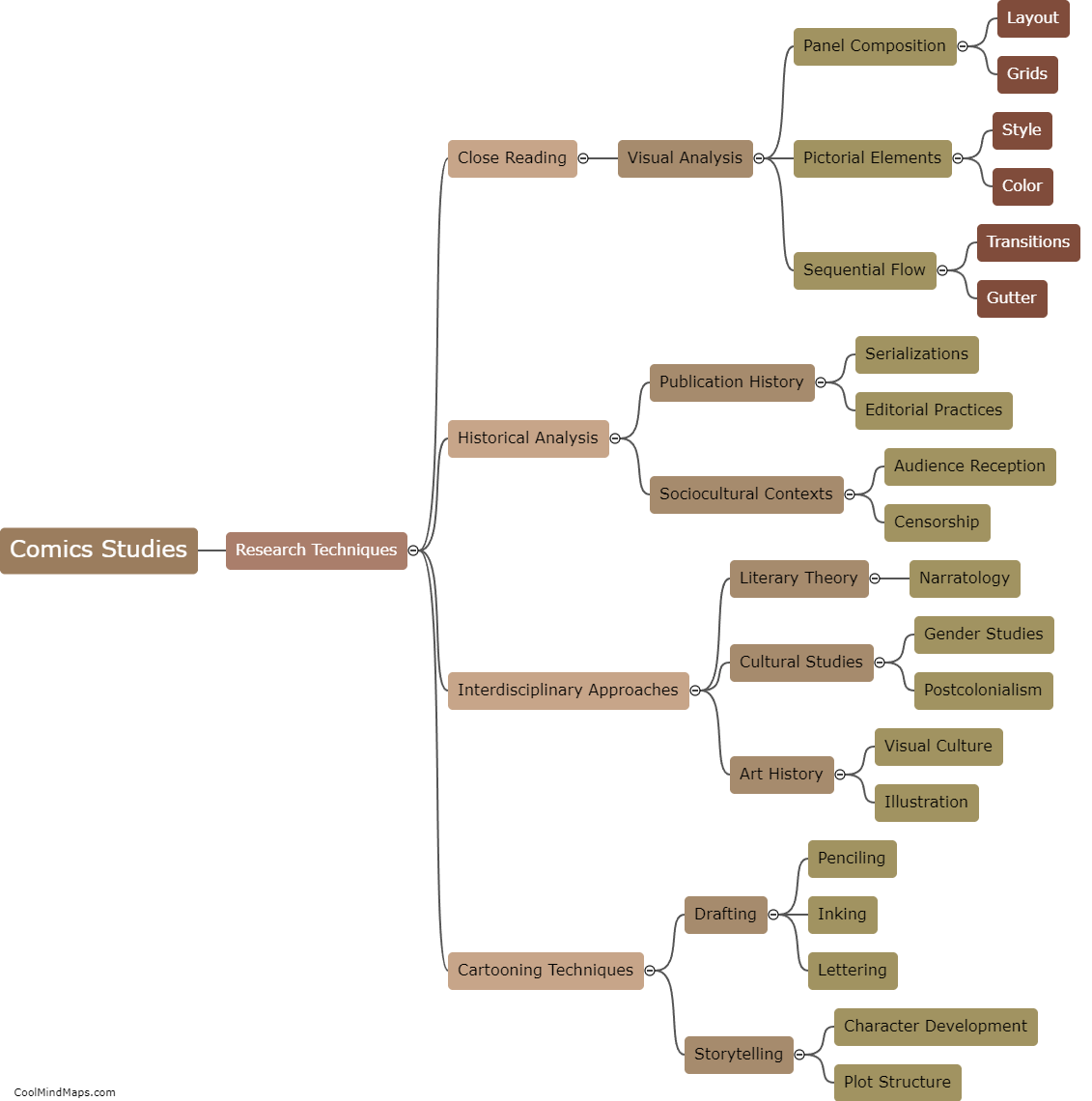What are the ethical implications of using AI in cultural memory construction?
The growing use of artificial intelligence (AI) in cultural memory construction poses significant ethical implications. On one hand, AI has the potential to enhance and preserve cultural heritage, allowing for the identification, restoration, and preservation of cultural artifacts and memories. It can assist in digitizing and archiving historical documents, art, and artifacts, making them more accessible to a wider audience. However, the use of AI in this context raises concerns about authenticity, representation, and potential bias. AI algorithms may prioritize certain cultural perspectives or disregard marginalized voices, perpetuating existing power imbalances and reinforcing dominant narratives. Furthermore, AI can generate deepfake videos or altered historical records, leading to the distortion of cultural memory. Ethical considerations, such as transparency, inclusivity, and rigorous evaluations of the AI systems' fairness and accuracy, are crucial to prevent the erosion of truth and the manipulation of cultural memory. Balancing the benefits of AI in cultural memory construction with its potential risks requires careful attention to ensure the preservation and promotion of diverse cultural heritage with utmost ethical responsibility.
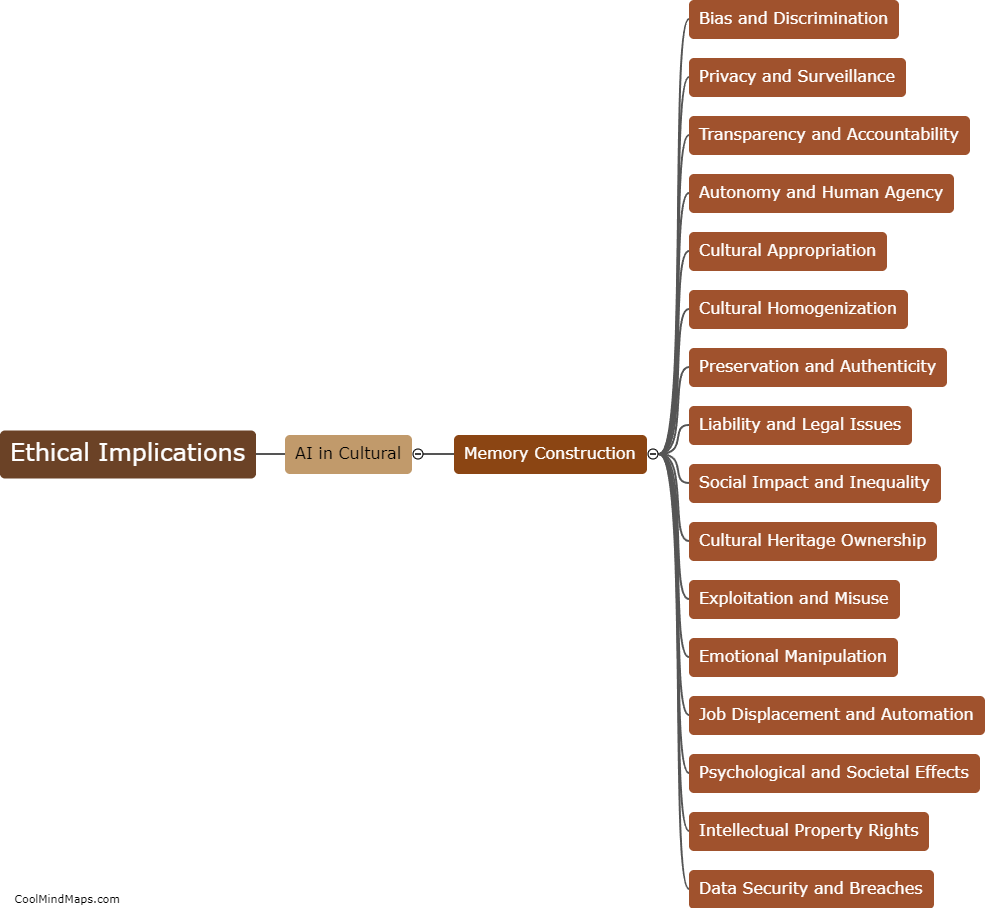
This mind map was published on 26 October 2023 and has been viewed 98 times.


